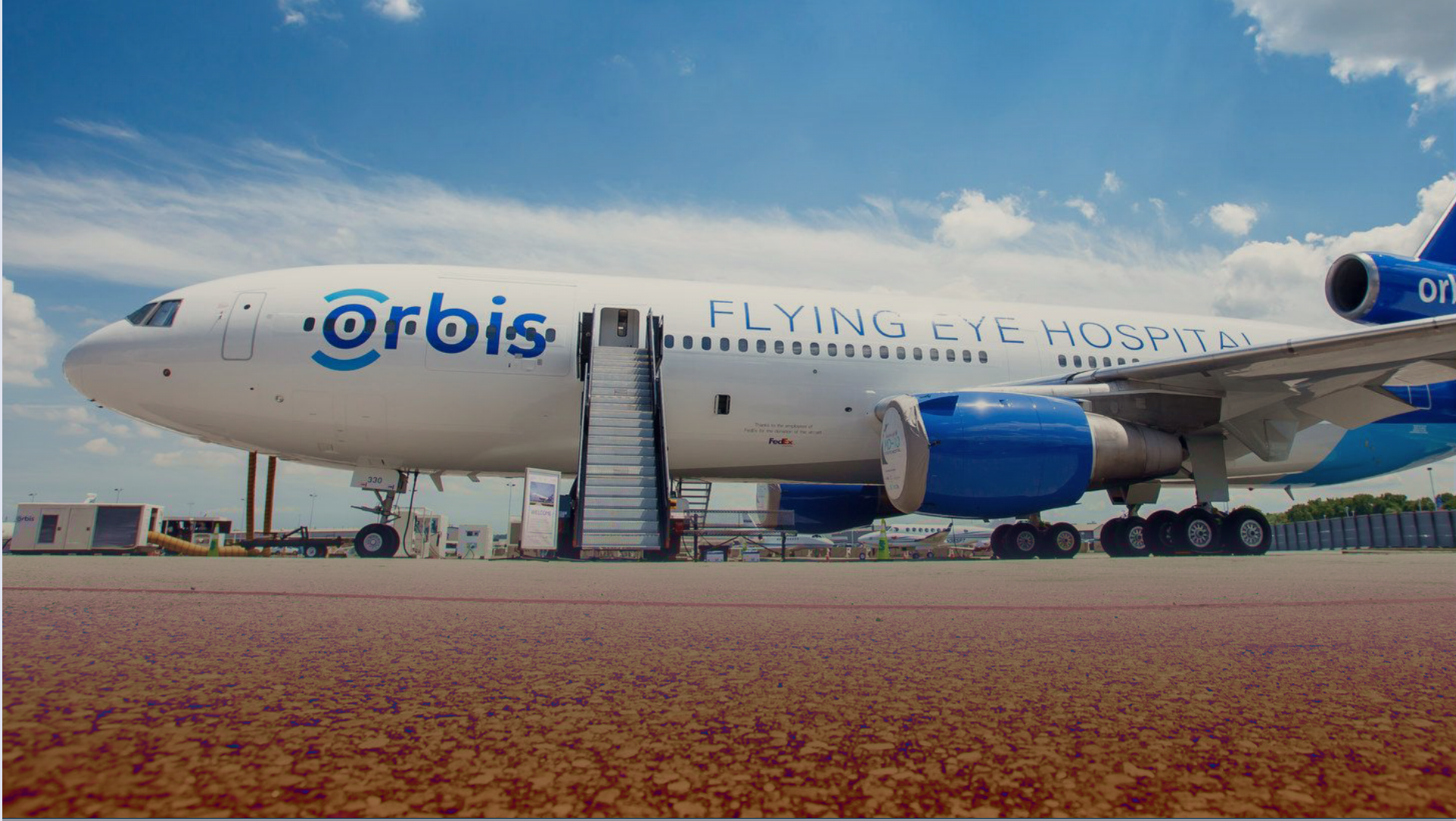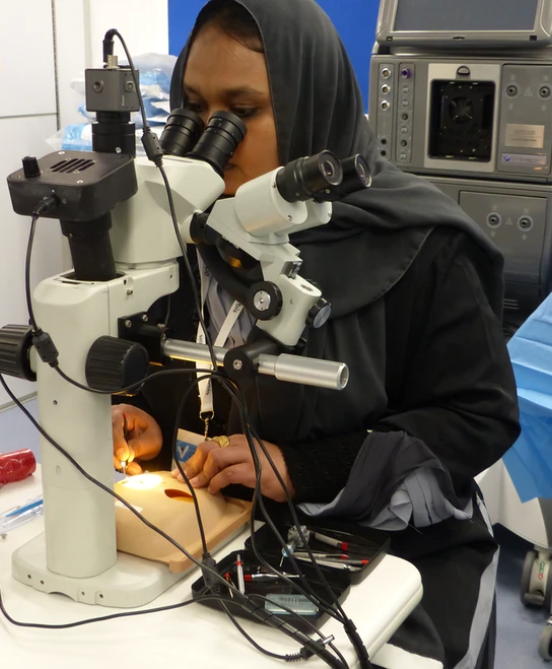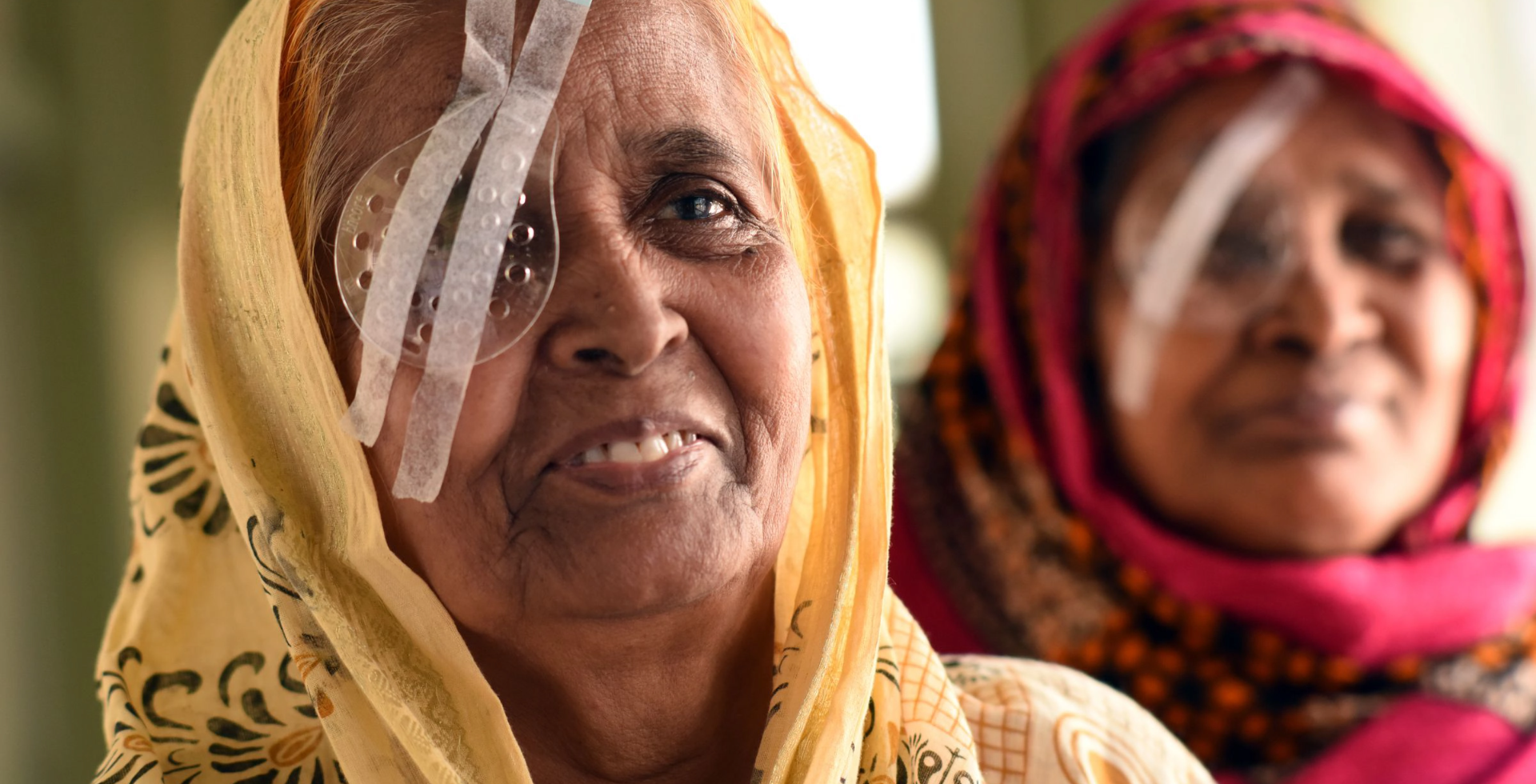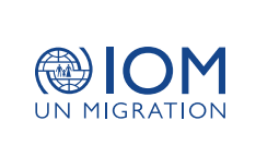The Orbis Flying Eye Hospital
The third generation Orbis Flying Eye Hospital, is a fully accredited ophthalmic teaching facility on board an MD-10 aircraft.
Featuring a classroom, an operating theatre, simulation training centre, recovery room, and audio- visual equipment that transmits live surgeries to a 46- seat classroom at the front of the plane. this unique aircraft has been a training ground for eye care teams all over the world.
It can also broadcast live lectures and surgeries via Orbis's online telemedicine training platform, Cybersight – providing a valuable training resource for eye care professionals wherever they need it.
The Orbis Flying Eye Hospital visits countries, partnering with local hospitals to deliver specialist training, carry out treatments, and raise vital awareness about the importance of eye health.
The simulation training programme in Qatar marks the Flying Eye Hospital’s very first international programme since the beginning of the pandemic.
Through the award-winning telemedicine platform, Cybersight, Orbis can make an impact in places where a physical presence simply isn't possible due to cost, logistics or security.






























